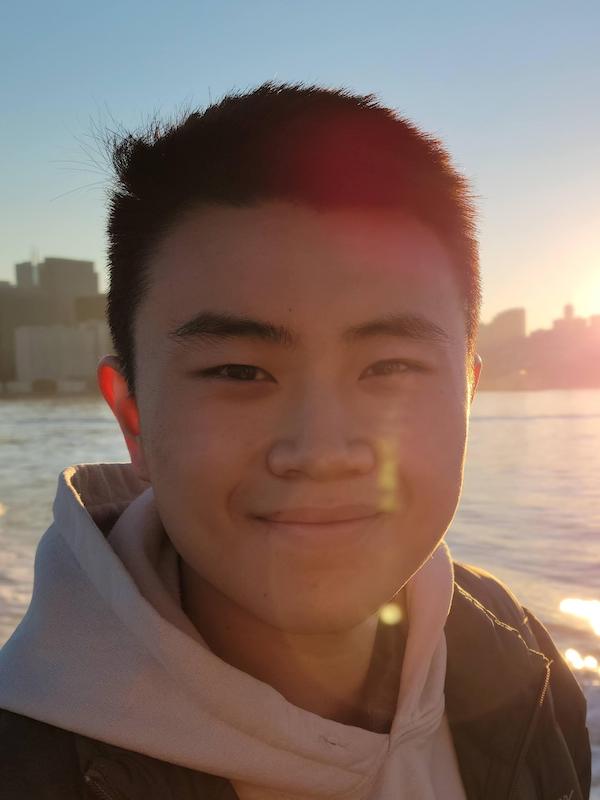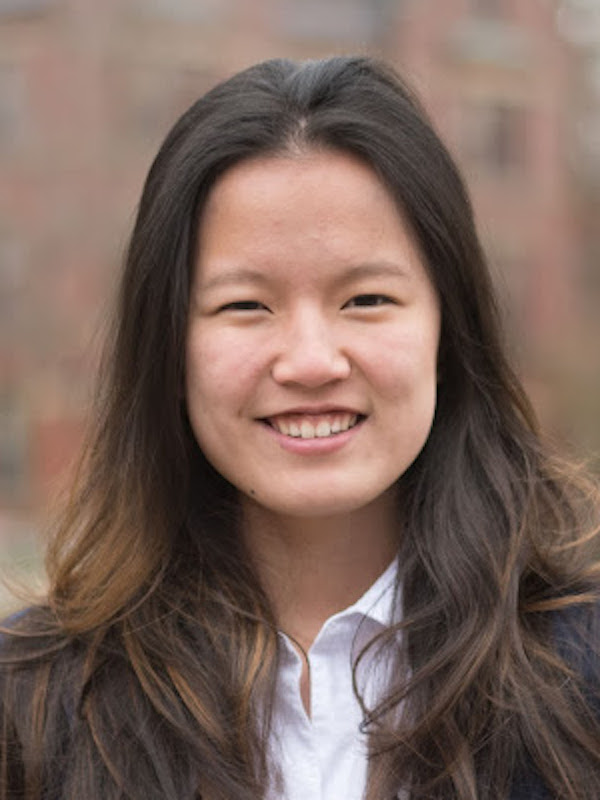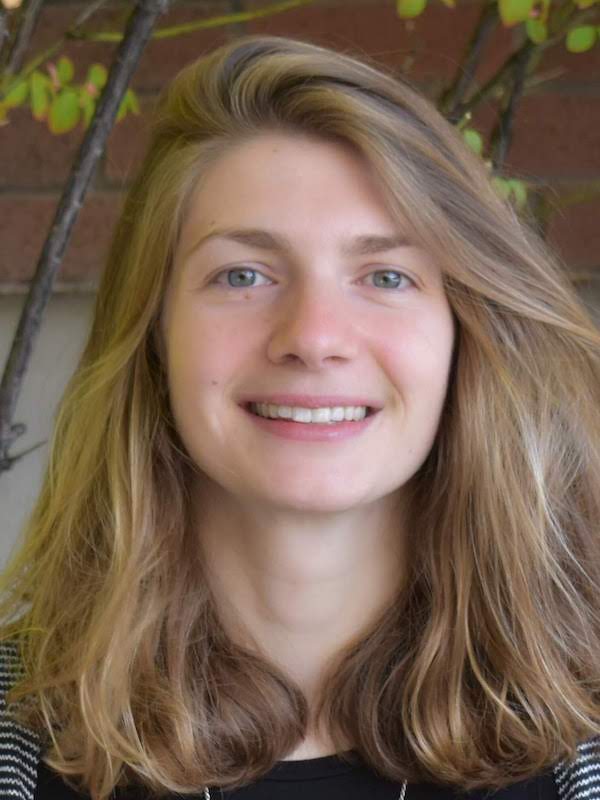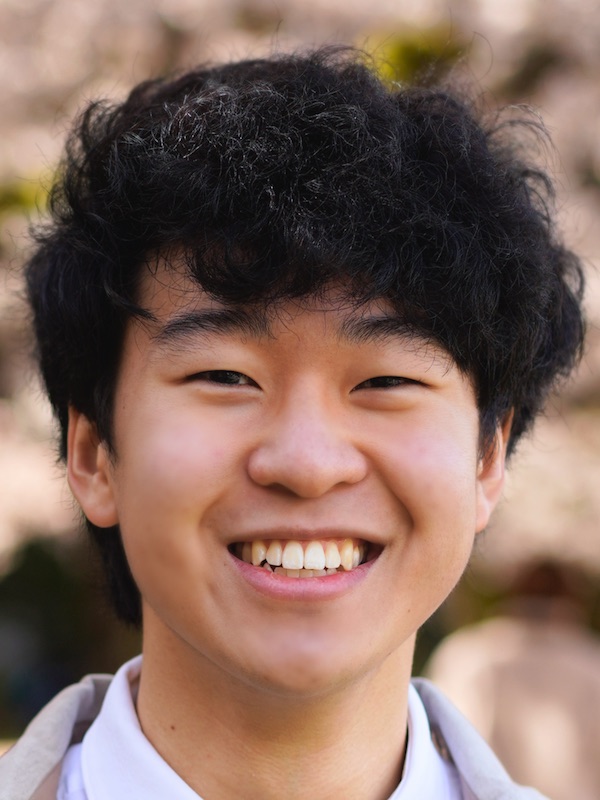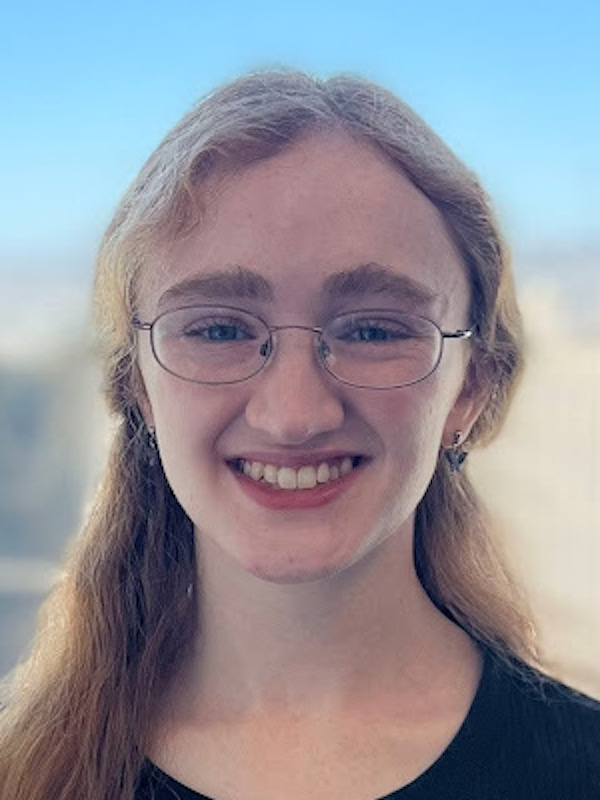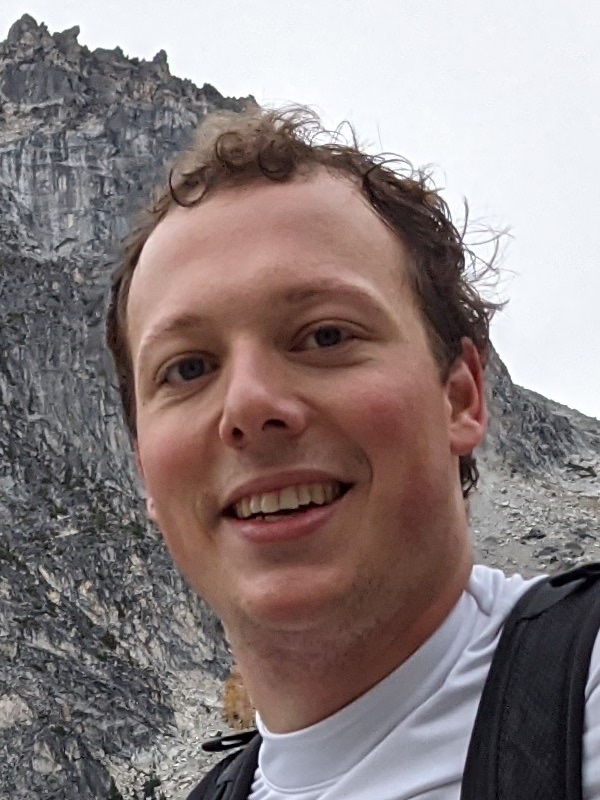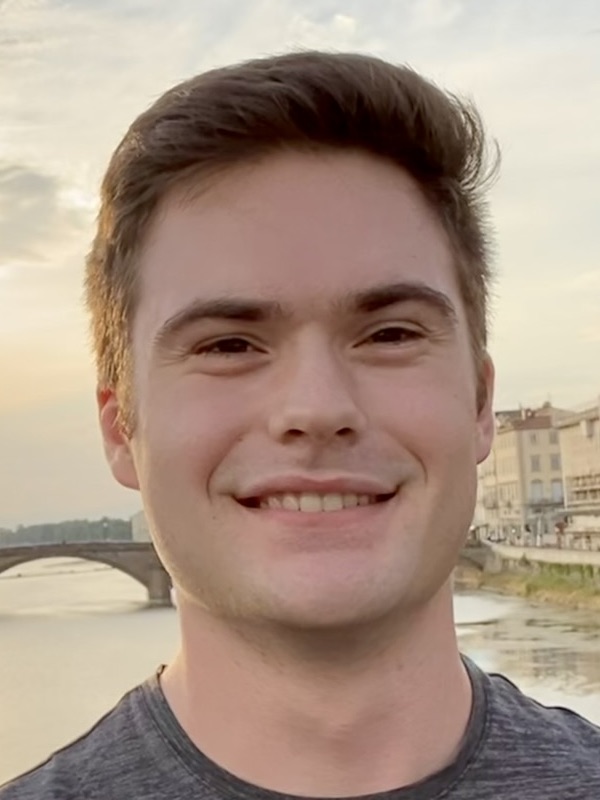The National Science Foundation (NSF) recognized seven Allen School students as part of its 2023 Graduate Research Fellowship Program (GRFP) competition. The NSF GRFP supports students for their potential to demonstrate excellence and innovation in teaching and research early in their careers. The students — six graduate students and one undergraduate student — were recognized in the Comp/IS/Eng or Engineering categories.
“Allen School students strive for excellence in research and innovation,” said professor Anna Karlin, associate director for graduate studies at the Allen School. “This year’s NSF GRFP honorees exemplify determination and creativity to push the boundaries in fields as diverse as molecular computing, robotics, security and more.”
Tyler Han
First-year Ph.D. student Tyler Han earned a fellowship for his work in the Robot Learning Lab under the direction of Allen School professor Byron Boots, co-founder and CEO of UW spinout Overland AI.
Han’s research focuses on advancing localization, planning, perception and control for high-speed off-road autonomous vehicles operating in unstructured and unpredictable environments. Through his work with the University of Washington’s RACER (Robotic Autonomy in Complex Environments with Resiliency) team and with the support from the NSF GRFP, Han aims to improve the speed and maneuverability of autonomous vehicles using methods like inverse reinforcement learning (IRL), which allows robots to learn from data generated through human driving. With IRL, these robots will better handle situations in which environmental features present complicated situations, like speeding through banked turns or crashing through vegetation.
Rachel Hong
Fellowship recipient Rachel Hong is a first-year Ph.D. student. She works with Allen School professors Jamie Morgenstern, who focuses on the social impacts of ML, and Tadayoshi (Yoshi) Kohno, co-director of the Security and Privacy Research Lab.
Combining ML, security and technology policy, Hong explores the behavior of existing ML algorithms in relation to privacy and fairness, as well as how to prevent those algorithms from being misapplied in society. As an undergraduate student, Hong was introduced to the field of algorithmic fairness through building a novel representation learning algorithm on biomedical data to help patients receiving care at a variety of hospitals in both rural and urban settings. Hong seeks to build on that foundation to improve algorithmic fairness through examining demographic biases in facial recognition technology to better understand how various modifications of training data can mitigate disparate outcomes.
Carina Imburgia
Fellowship winner Carina Imburgia is a first-year Ph.D. student who works with Jeff Nivala in the Molecular Information Systems Lab (MISL).
Imburgia joined the Allen School as a graduate student after having pursued a degree in biology and working in the field of molecular biology. Harnessing her multidisciplinary background, she intends to develop and optimize new systems for processing information stored in molecular form. Imburgia proposes to improve a Cas9-based similarity search architecture, which is a programmable gene editing tool and to develop computing abstractions for processing information molecularly. Decreasing the environmental impact of data storage technologies also motivates her to explore molecular storage options that can hold significantly larger amounts of data in a compact and stable form as well as rely less heavily on energy consumption than current storage methods.
Toma Itagaki
Graduating senior Toma Itagaki received a fellowship based on his research in the Ubiquitous Computing (UbiComp) Lab directed by Allen School and UW Department of Electrical & Computer Engineering professor Shwetak Patel.
Itagaki’s research interests bridge neuroscience, ubiquitous computing and human-computer interaction (HCI). After his first undergraduate research experience at UW in the Orsborn Lab, Itagaki knew he wanted to pursue studying neuroscience. He was drawn to the UbiComp Lab, where he studied wearable sensors such as electroencephalography (EEG) headsets and smartwatches to assess the quality and consistency of data collection. These projects motivated Itagaki to explore the quantification of subjective experiences by looking at sensory brain-machine interfaces. As a Ph.D. student starting this fall at Columbia University, Itagaki intends to explore ways to leverage mobile health and brain-machine interfaces to better address post-surgical pain management.
Alexandra Michael
First-year Ph.D. student Alexandra Michael received a fellowship for her work that is co-advised by Allen School professors David Kohlbrenner in the Security and Privacy Research Lab and Dan Grossman in the Programming Languages and Software Engineering (PLSE) group.
Michael’s research combines her interests in security, programming languages and compilers. Prior to graduate school, Michael was fascinated by how computers could connect people yet put them at risk. Her work focuses on mitigating those risks by leveraging programming languages and security tools to improve the security and privacy of systems and the people who use them. She proposes to build a highly performant, secure and portable low-level language that will act as target for programs written in unsafe languages.
Lancelot Wathieu
Second-year Ph.D. student Lancelot Wathieu earned a fellowship for his work in the MISL with Allen School professors Luis Ceze and Chris Thachuk.
While Wathieu’s background is in computer engineering and mathematics, his research interests are inspired by the natural world, which led him to focus on designing molecular algorithms and systems. Molecular computing has shown promise based on what it could theoretically compute, and Wathieu proposes to put this theory into practice by building an end-to-end automated DNA computing workflow that incorporates novel circuit designs. Wathieu’s work will make molecular computing more efficient and accessible while advancing its transformative potential in domains spanning therapeutics, manufacturing and computer science.
Zachary Englhardt
Zachary Englhardt is a first-year Ph.D. student working with Patel and Allen School professor Vikram Iyer. Englhardt earned an honorable mention from NSF for his design work on embedded systems for sensing, networking and actuation.
Englhardt intends to develop internet of things (IoT) devices with masses under one gram which are capable of autonomously navigating an environment to collect data. Current sensor technologies tend to be stationary and collect data in a passive manner. Previous attempts at building sub-gram autonomous IoT devices have faced scaling challenges due to their weight and power needs. Englhardt proposes to develop a computing and robotics platform to address these challenges. By taking an interdisciplinary approach that integrates intermittent computing, embedded ML and microrobotics fabrication, Englhardt proposes to build a new hardware platform, algorithms for enabling autonomous control, and a novel approach to swarm networking for smart agriculture and other potential applications.
NSF recognized two UW graduate students outside of the Allen School with fellowships in the Comp/IS/Eng category. Claire Mitchell, a first-year Ph.D. student in the Information School, studies and designs wearable sensors to understand motor control and improve communication interfaces. Human Centered Design and Engineering (HCDE) second-year Ph.D. student Brett Halperin employs computational cinema and media design to promote housing justice through community-based participatory research.
Learn more about the NSF GRFP program here.



